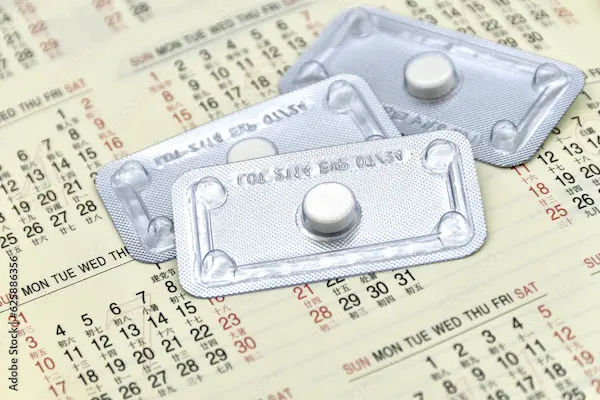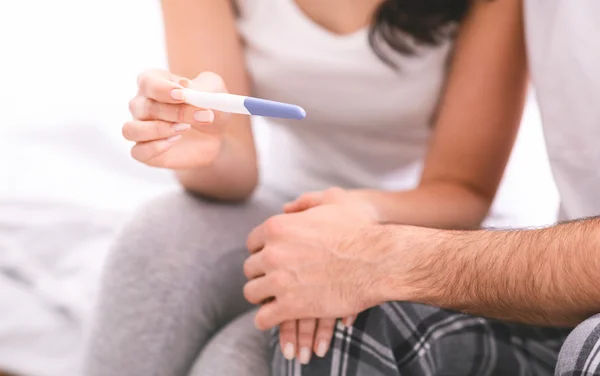- female
- 20 Years
- 01/04/2021
How do I know I pill has worked?
Answered by 1 Apollo Doctors
You can find out if it worked by taking a pregnancy test 3 weeks after when you took the pill.
Dr. Ranjith Suggests...
Consult a Obstetrician and Gynaecologist
Answered 04/07/2025
0
0


Ask Apollo
AI powered Health Chatbot
-
Timing and Effectiveness:
- The I pill is most effective when taken within 12 hours of unprotected sex, but can work up to 72 hours.
-
Menstrual Changes:
- Your period may be earlier or later. A delay of more than a week suggests taking a pregnancy test.
-
Symptoms to Watch:
- Side effects like nausea or spotting are normal and don’t indicate failure.
-
Pregnancy Test:
- If your period is over a week late, take a pregnancy test for confirmation.
-
Consult a Healthcare Provider:
- If concerned or experiencing unusual symptoms, consult a doctor for advice.
Note: The I pill is a backup method, not for regular use. Consider discussing regular contraceptive options with your healthcare provider.
Recommended next steps
Consult a Obstetrician and Gynaecologist or Take a BETA HCG (TOTAL) Test
Answered 20/08/2025
0
0
More Obstetrics & Gynaecology Health Queries
View allI'm finding that I'm getting really wet during sex, and it's not as pleasurable for us. Is this normal? What could be causing it, and are there any remedies or things we can try to manage this?
Excessive wetness during sex can be normal for some people, but if it's causing discomfort or reducing pleasure, it could be due to factors like hormonal changes, anxiety, or over-stimulation. It's important to communicate with your partner and consider using a water-based lubricant if dryness is an issue. If the problem persists, it may be helpful to consult a healthcare professional for a more tailored solution.
Answered by 1 Apollo Doctors
My sister recently had a blood test to check for pregnancy, and the results showed her beta HCG level is 57722 mlUml. Could you help me understand what this means?
the high beta hcg values indicates she is pregnant of around 6 weeks . confirm with ultrasonography
Answered by 1 Apollo Doctors
I'm really worried because my husband has mentioned that he's not as interested in our intimacy anymore. I think my vagina might have become looser over time. Can you please give me some advice or suggest ways to help me tighten it? I'm looking for something effective, as I want to improve our relationship.
To tighten your vagina, try Kegel exercises (squeeze and release pelvic muscles for 10-15 reps, 3-4 times a day), pelvic floor physical therapy, or vaginal cones; also, consider incorporating estrogen-boosting foods, like soybeans and flaxseeds, into your diet, and maintain a healthy weight; however, it's essential to remember that vaginal looseness is a common issue, especially after childbirth or aging, and open communication with your partner about your concerns and feelings can also help address the emotional aspect of this issue.
Answered by 1 Apollo Doctors
Disclaimer: Answers on Apollo 247 are not intended to replace your doctor advice. Always seek help of a professional doctor in case of an medical emergency or ailment.

_0.webp)



